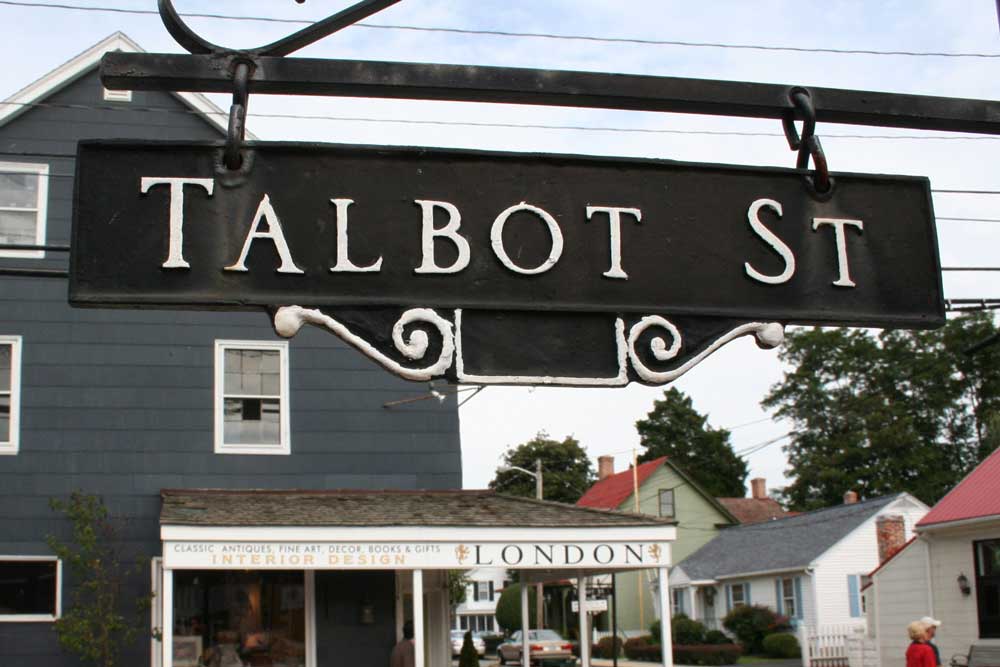The minimum credit score to buy a house varies between loans and lenders, but typically a borrower has a score in the high 600s or 700s.
It’s not an understatement to say that a credit score is crucial to the home buying process. Your FICO score not only determines whether you can qualify for a loan at all but will also have a huge impact on what kind of terms and conditions you get for your loan. It’s worth researching credit scores before you apply for a mortgage, so read more below.
What Credit Score Do I Need To Buy a House?
You don’t need a flawless credit score to get a mortgage, but it does help. A credit score estimates how risky you will be as a borrower and so lenders use this as an indication when making their decision. To reward those with higher credit scores, they’ll give borrowers with lower interest rates far more choices.
As a general rule for most types of loans, you’ll need a score of at least 620 to apply. However, the higher you can get your credit score, the more likely you are to be approved. Borrowers with a score of under 650 are just a tiny fraction of those who are approved for loans. If you have a score of over 740 you are most likely to get the best rates and lowest interest rates.
Compare Credit Score Minimums By Different Types Of Loan
Conventional Loans – A Credit Score Of 620.
You might be able to get a conventional loan with a credit score of less than 620 or exactly 620, but typically you’ll need a higher credit score. Looking at the average approved mortgage offers from FICO shows that the average was 757 for the 6-month period ending in September 2021.
The benefits of a high credit score don’t just stop at the mortgage rate but also extend to the cost of private mortgage insurance. This is required if you make a down payment of less than 20% on a conventional loan product. If you can just put down 10% as a down payment and you have a credit score of 620 you’ll pay 1.1% of PMI. Compare this to a FICO score of 760 and you’ll pay just 0.30%. a big difference.
FHA Loan – Credit Score of 500
If you have a bad credit score or low credit history, then you’ll probably need to get a mortgage that’s insured by the FHA – the Federal Housing Administration. When you get a loan through the FHA they allow down payments of as little as 3.5%. if you do want to get a loan with a 3.5% down payment then you’ll need a FICO score of at least 580. If your credit rating is between 500 and 579, you will have to make a 10% down payment to qualify for a loan.
These are just guidelines though. Lenders are able to impose their own credit minimums through FHA loans and if you just meet the minimum criteria, you’ll struggle to qualify.
If you are trying to get a loan with a credit score of under 600, you’ll have to show that the other parts of your financial history and situation are more secure. On average, if you have a credit history of around 500 you’re more likely to have liens, debt repayments, and outstanding and toxic debt. These are all things that lenders will look at when deciding whether to lend money to you.
Veterans Affairs (VA) Loan- 640 And Above
If you get a loan guaranteed by the department of veteran affairs, there is no government-mandated minimum credit score when trying to buy a house. This is because VA loans are looking to help active or past military personnel who might not have a great credit history for various reasons so they are there to help. The main qualification is that you’re an active duty member, a veteran of the military, or the spouse of someone who is in the military.
Even though there’s no mandated minimum credit score, VA lender still does choose their own minimum credit scores. These vary from state to state, but are typically 600 and above.
USDA Loan – A Credit History Of 640
Similar to a Veterans Affairs loan, a home loan from the US Department of Agriculture (USDA) does not have a minimum credit score required. Again, lenders can set their own minimum credit scores, and typically, if your score is over 640, you might be eligible for an expedited process through the USDA loan program.
A Jumbo Loan- 700 And Above
A jumbo loan is a loan that is higher than the conforming loan limit. If you’re looking to take out a jumbo loan, then the lender will want to see a strong credit history and credit score of at least 700. When you loan this much money to someone it has huge amounts of risks tied to it and so you’ll want to see a history of debt repayment on time and consistently.
If you can get a FICO score of over 740 then you’ll definitely qualify for the best jumbo mortgage rates.
My Credit Score Isn’t High Enough To Get a House- What Should I Do?
If you have no credit or bad credit, you’ll most likely not be able to get a mortgage. The only way that this could be possible is to find a co-signer on the mortgage who has a good credit history. This could help you secure the loan.
Another option is to buy the house with someone else and then when it comes to refinancing try to get your name on the title. This is risky but can help those with lower credit ratings.
If you can’t go through those routes, then your best option is to improve your credit score and apply at a later date.
I Want To Strengthen My Credit Score To Buy a House – How Can I Do This?
If you can’t go buy a house with someone and you don’t have a credit score high enough to buy a house, you need to start working on your credit score. Even if you have a credit score that makes you eligible for a mortgage you might want to increase it to get better rates and better terms. Follow these top tips below to improve your credit score.
Make sure to pay every bill on time – your history of making repayments on time is the biggest single factor in your credit score. This is what lenders are looking for.
Make sure your credit card balance stays low. Many experts suggest that 30% credit utilization is the maximum you should have. If you have a $10,000 limit and you have spent $3,000 on your card, this would be a 30% utilization rate. Staying under this at all times is important when applying for a mortgage.
Check your credit report – have a look through your credit report and see if there are any errors on there. Common errors could be debts that you’ve repaid that still are on the report. Try to get these removed to avoid future penalties.
Keep Multiple Credit Cards Open – this might seem counterintuitive but if you close a credit card suddenly then your credit utilization rate might go up. For example, if you have two credit cards, both with $10,000 limits and you have $4,000 split across the two cards, your credit utilization is 20%. If you close one of the cards, then automatically your credit utilization rate goes up to 40%. Keep this in mind closing cards.
Be careful when applying for new credit – if you’re trying to build up what’s called a thin credit file, then you could apply for a secured credit card, credit builder loan, or even a new credit card. You’ll want to leave a gap of 3 to 6 months between opening the new credit card and applying for the loan so that the history can kick in. Try not to apply for a mortgage sooner than this 6 months.
Keep An Eye on Your Credit Progress
Now that you know what your starting point is with your credit history, you can keep an eye on it. Have a credit score in mind that you’re trying to work towards and check in on it on a regular basis. There are a number of websites that offer credit scores that you can check on a regular basis. You can look at the FICO scores or Vantage Scores and either of these can be used to track your progress. If you go to myfico.com, you’ll be able to get a comprehensive report that covers FICO2, 4 and 5, which is what the mortgage lenders look at. This is the only way to get a full and comprehensive picture of your credit history.
If you find that you have a great credit score anyway on a free service, then you probably don’t need to buy something from the FICO website. if you have a high credit score, you’re probably okay to apply for a mortgage right now.



